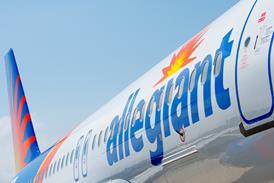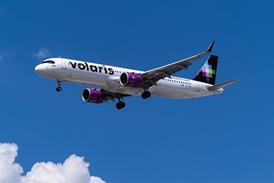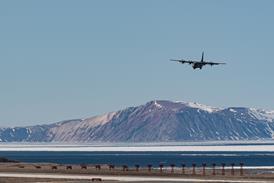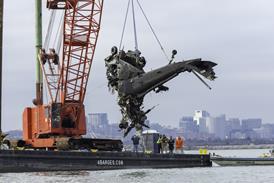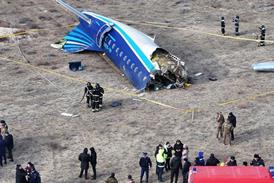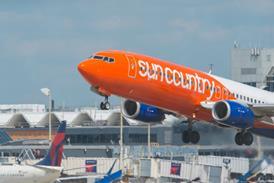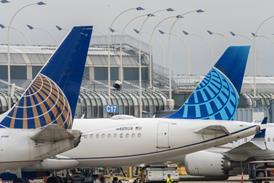The Thai government is no longer a majority shareholder in Thai Airways after the country’s finance ministry reduced its stake to 47.86% from 51.03%.
“After the reduction of shareholding percentage held by the Ministry of Finance in the company, the company shall cease to be a state enterprise under the relevant laws,” Thai Airways says in a filing to the Stock Exchange of Thailand.
The finance ministry disposed of the shares to Vayupak Fund 1. According to the US State Department, that fund was created in 2003 under the authority of the finance ministry. Krungthai Asset Management manages the fund.
The disposal of the shares is part of the carrier’s restructuring plan.
“I believe the government, as well as other stakeholders, hope that by no longer being a state-owned enterprise, Thai Airways can operate with greater flexibility and more in accordance with market demands,” says John Frangos, a partner at law firm Tilleke & Gibbins in Bangkok.
“A state-owned enterprise is essentially a quasi-government agency, which means political issues may often be considered just as much as business concerns. Without being a state-owned enterprise, the hope is, I think, Thai Airways will operate more like a private-sector company listed on the stock exchange.
“In other words: more of an emphasis on the market and market demands, and less of an emphasis on politics and political considerations. And in the long run, the idea is this would result in greater profitability for Thai Airways, where the government does not have to come to its rescue.”
On 19 May, the Thai government said it had given approval for the airline to reorganise under supervision by the local bankruptcy court. In the meantime, the airline is able to operate flights and run its business as usual.

